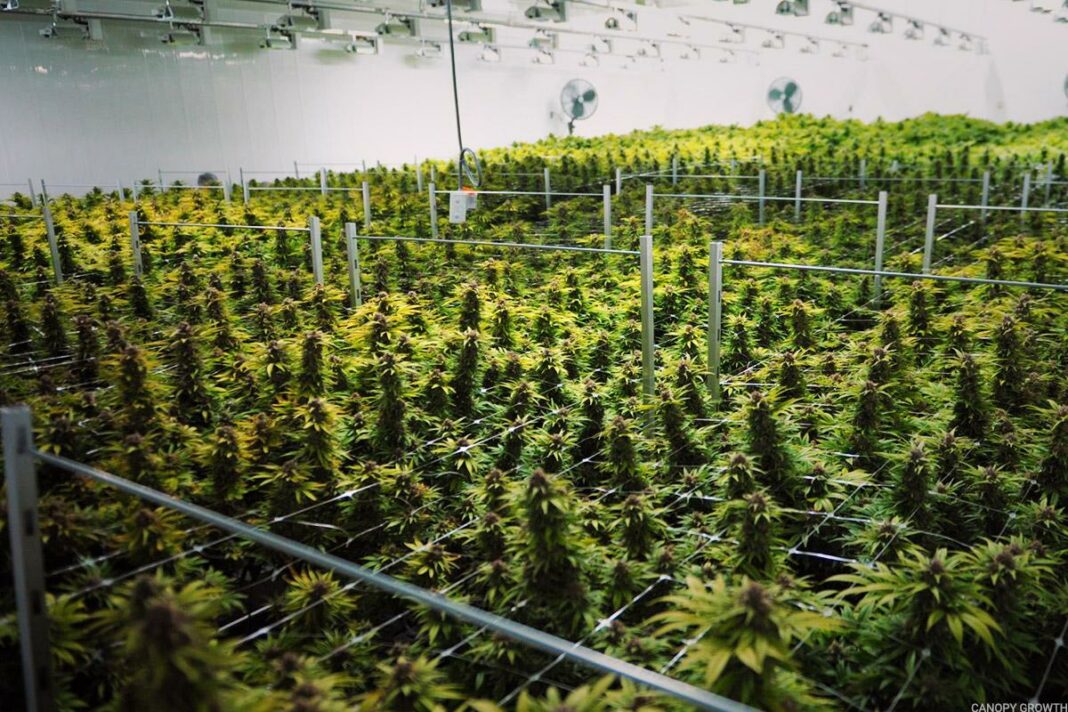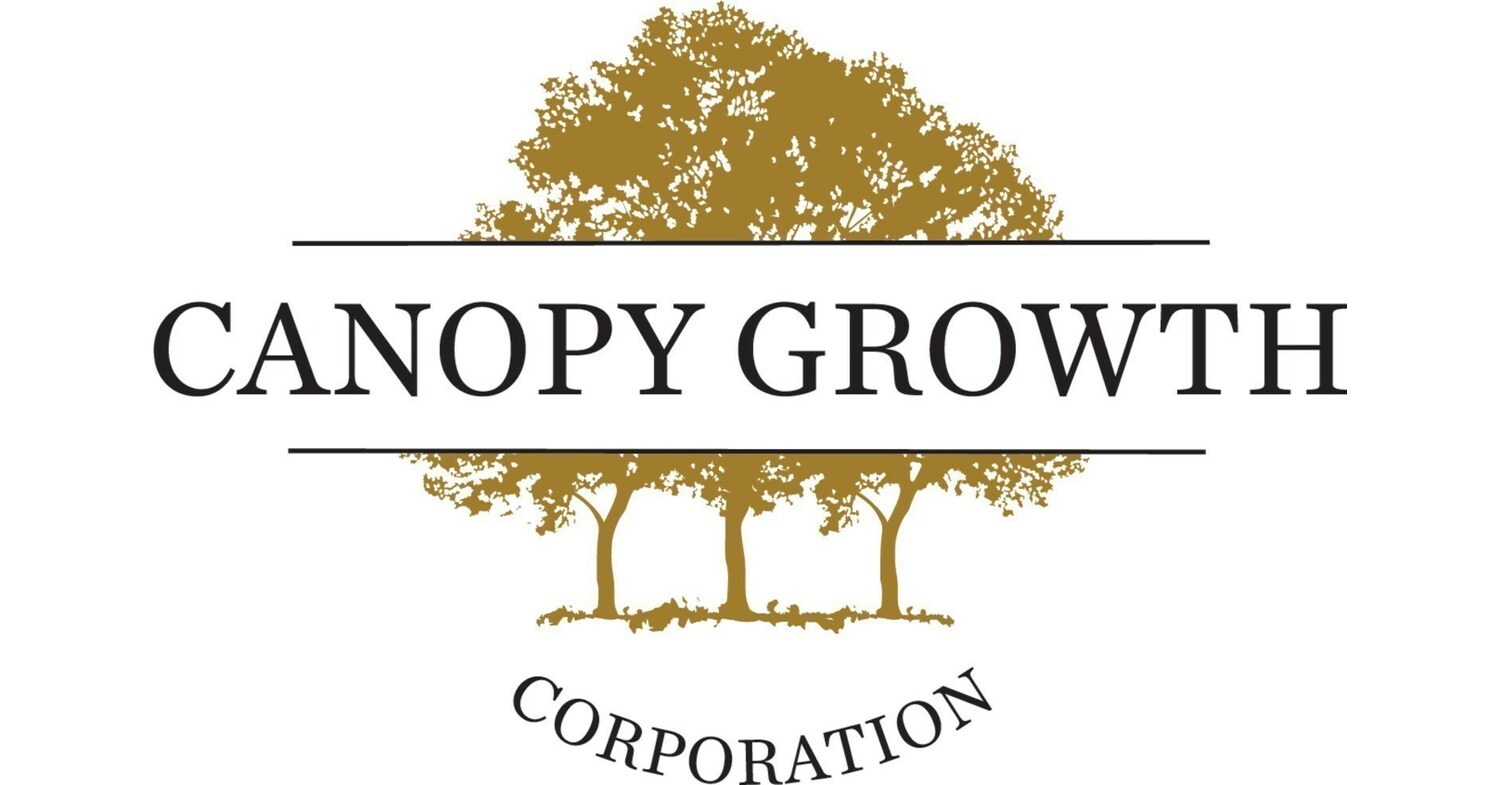During the past summer, Canopy Growth faced considerable uncertainty regarding its survival. However, this week witnessed a remarkable upsurge in the stock of the Canadian cannabis company, soaring by approximately 114%.
The significant boost came as Germany enacted legislation on Friday, effectively decriminalizing the possession and home cultivation of cannabis, set to take effect from April 1 onwards. This measure received final approval in the Bundesrat, the upper chamber of Germany’s parliament, albeit after some initial hesitancy.
“The removal of narcotic status for cannabis is expected to accelerate the growth of the German medical cannabis market,” stated the company.

Additionally, through its Canopy Medical unit, the company provides medical cannabis products.
This rally on Friday compounded an earlier surge triggered by U.S. President Joe Biden’s State of the Union address on March 7, wherein he referenced the potential rescheduling of cannabis.
Vice President Kamala Harris further supported this notion by deeming the Schedule I classification of marijuana, which includes heroin and LSD, as “absurd” and advocated for its prompt rescheduling.
However, looking back to last summer, Canopy faced a starkly different scenario. In late June, analyst Mike Hickey from Benchmark slashed the company’s price target to zero, expressing doubts about its ability to sustain operations and meet financial obligations.

During that period, Canopy shares had plummeted by 78% for the year, with the company acknowledging the risk of being unable to continue in its annual report.
Benchmark’s apprehensions were echoed by CIBC Capital Markets analyst John Zamparo, who highlighted Canopy’s cash burn despite implementing multiple cost-cutting measures.
Zamparo also cautioned against relying on the potential legalization of marijuana in the U.S., suggesting it wouldn’t be a panacea for Canopy’s challenges.
In February of the preceding year, Canopy underwent a significant workforce reduction of 60%. CEO David Klein attributed this decision to the competition posed by Canada’s thriving black market, estimated to account for 40% of the nation’s cannabis sales.
Despite Canada legalizing recreational marijuana use in 2018, the same year saw beer-and-wine giant Constellation invest $3.8 billion for a 38% stake in Canopy.
This deal initially propelled Canopy’s market valuation to levels comparable with plane maker Bombardier, but subsequent disappointments and uncertainties ensued.







Leave a Reply